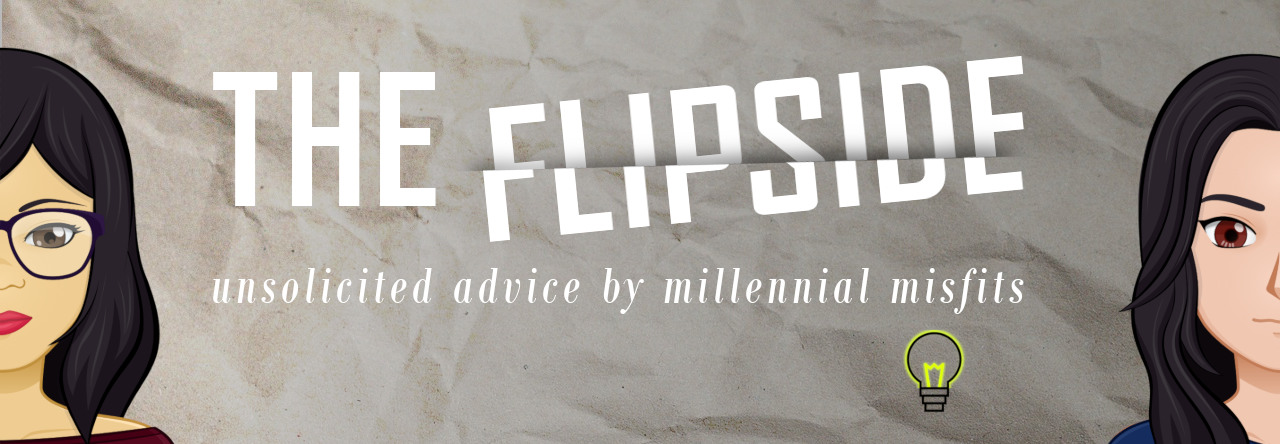For the longest time, I dreaded starting to work. To my young, ‘hip’ student self, sitting behind a desk all day seemed to be dreadful. Now that I’ve done that for a couple of years, it’s turned out to not be too bad. But something that is very clear, are the generational differences. I’ve different ideas on the work I want to do, with whom, and in which way than my younger and older peers.
Work’s life, am I right?

Based on: How to lose your mind and build a treehouse
To me, ‘real life’ more or less was always about having a job.
In high school I was quite inept as to what was happening in the world and around me. In university, I tried to catch up all that fun I missed during high school and did some further soul-searching. I still remember the realization hitting me like a brick: in a few months I will graduate and need to do something for money. What can I do?
After living the ‘real life’ for a couple of years now, I am finally realizing how unreal my idea of the working life has been. Developments such as the open office, personal marketing and ‘fun’ workplaces seemed far-away, but the ultimate ideal when I was still studying. In reality, it’s been more difficult to really find my own place in the mix of startups and established institutions I’ve worked at.
Who am I? Exploring the millennial employee
Let’s take a look at the larger picture first, because I found this research report by KPMG about the millennial workforce. Especially the points about female millennials really spoke to me:
1. They’re more hesitant when it comes to job applications 2. They’re less confident and optimistic 3. They’re more sociable 4. They’re less keen on technology 5. They’re more likely to suffer from imposter syndrome 6. They’re less likely to actively pursue a promotion opportunity
Basically, it’s a hard yes on everything except point 5 and 4 since I’m (belatedly) learning and developing an interest in programming now. Point 2, 3 and 6 stick out the most to me. To be honest, confidence and optimism are things I’ve never had that much of, and it’s something I still point to as something to improve, personally and professionally.
Point 3 and 6 point to things that are at once making us different from previous generations and more connected to each other. When looking at companies, I’ve often looked at ‘people’ pages and felt I either really wanted to become part of the family or I wouldn’t fit at all. And even though I’ve worked in startup environments where ‘hustling’ was important, I didn’t feel that comfortable with the attitude and still needed something different from my employer.
Looking to the Medium article, I recognize a lot of the anxiety and questions the writer has. His highlighted quote is: “It’s easy to say someone died. It’s much harder to say, “I think I’m having a nervous breakdown.”” Although this doesn’t apply to me specifically, the mindset is recognizable. I’m very focused on my work mentality, but feel things should also happen spontaneously and above all, make me happy. I know I’m needy, but I want others to acknowledge it, while at the same time fulfilling them.
Work’s part of my identity, and that’s fine
Even though I tend to say I am more than my work, having no work at this moment feels as if I am incomplete. This frightens me as well, but I’ve learned to accept that it’s only natural the thing I’ll be doing at least 40 hours a week will be that meaningful to me. And that’s again leading me to search for a workplace that’s as cool as I dream it to be.
It’s been a paradoxical and bumpy road. I worked in startup environments, which were cool because we did something wholly new, but also very stressful. I cried a lot. I worked abroad, leading the expat life while working at an international organization. It was cool to attain a certain elite status and feel like I was actually doing long-term meaningful work instead of just making money. But it also made me complacent and lose a certain drive. I cried a lot. I had the opportunity to work in fast-paced, international business environments with smaller teams and directly trying to start something from zero. But I felt without the proper structure I was just building dream castles.
In the end, I’m now again looking to larger companies, more stability and mentorship. If I may need to forego beanbags or a Nintendo switch in the office, then I’ll take it. Mr. Pavelski said in an interview:
“The reason I wrote that essay in the first place was about catharsis, and I wanted to walk through my thought process and figure out what was going on with me.”
I’m not sure what’s going on with me yet either, but I guess I’ll enjoy the discovering it for now.
